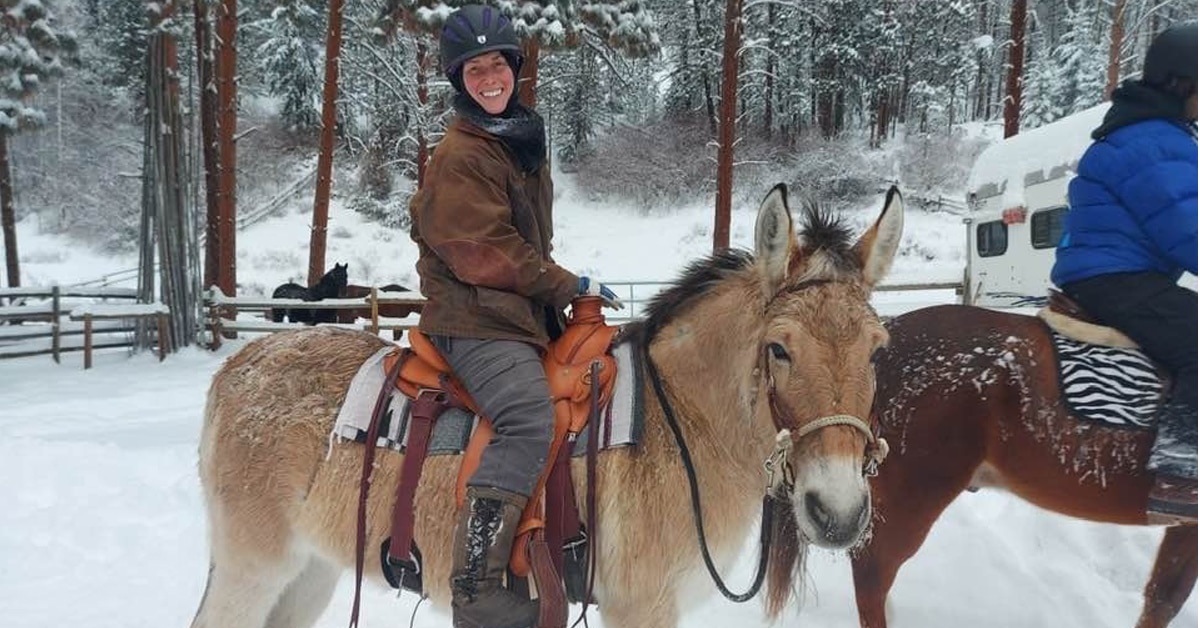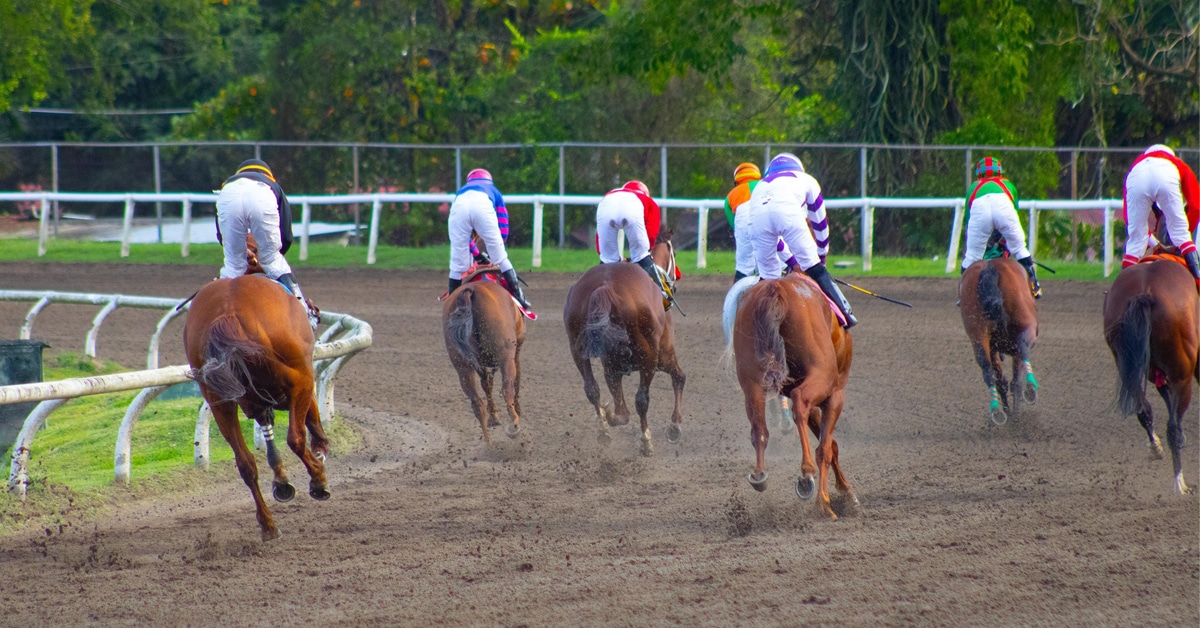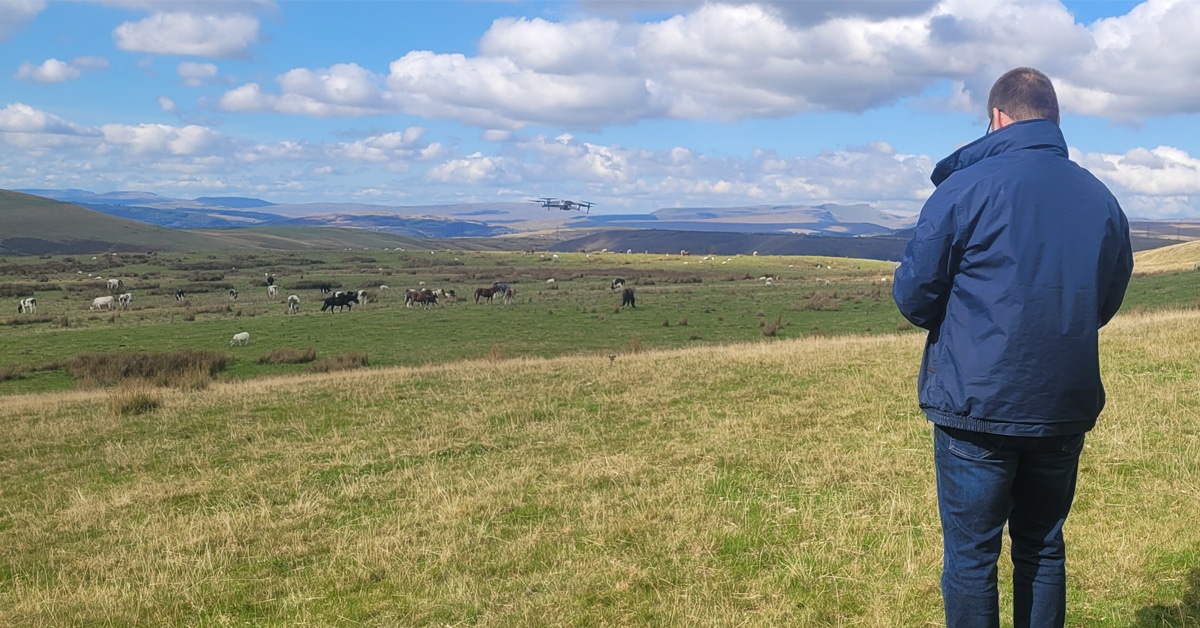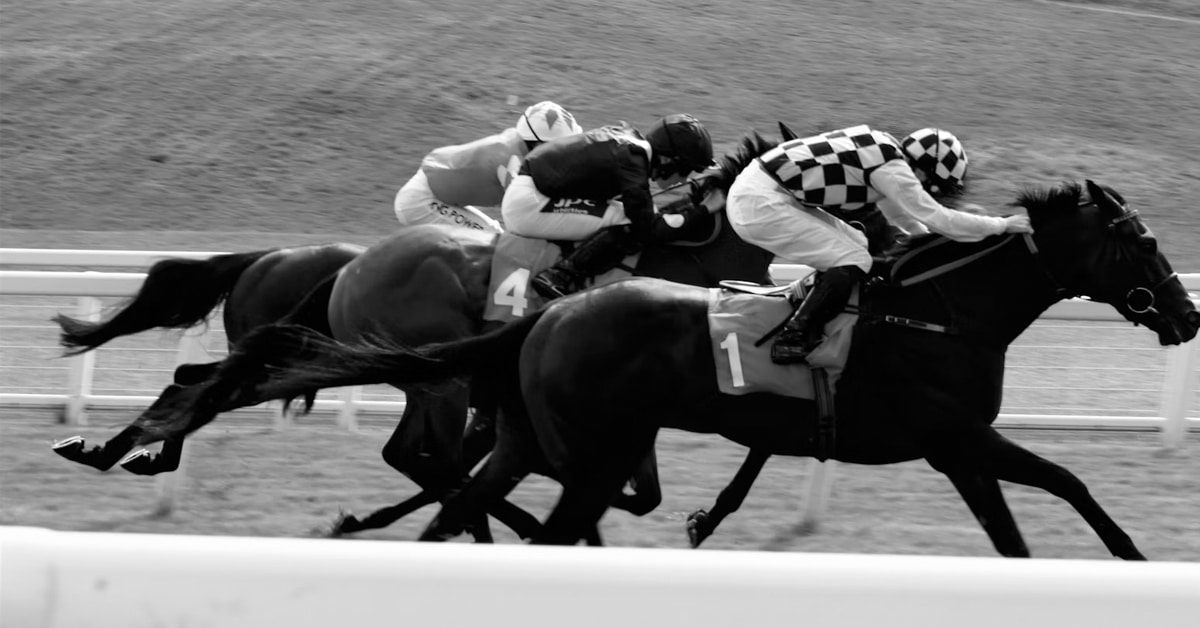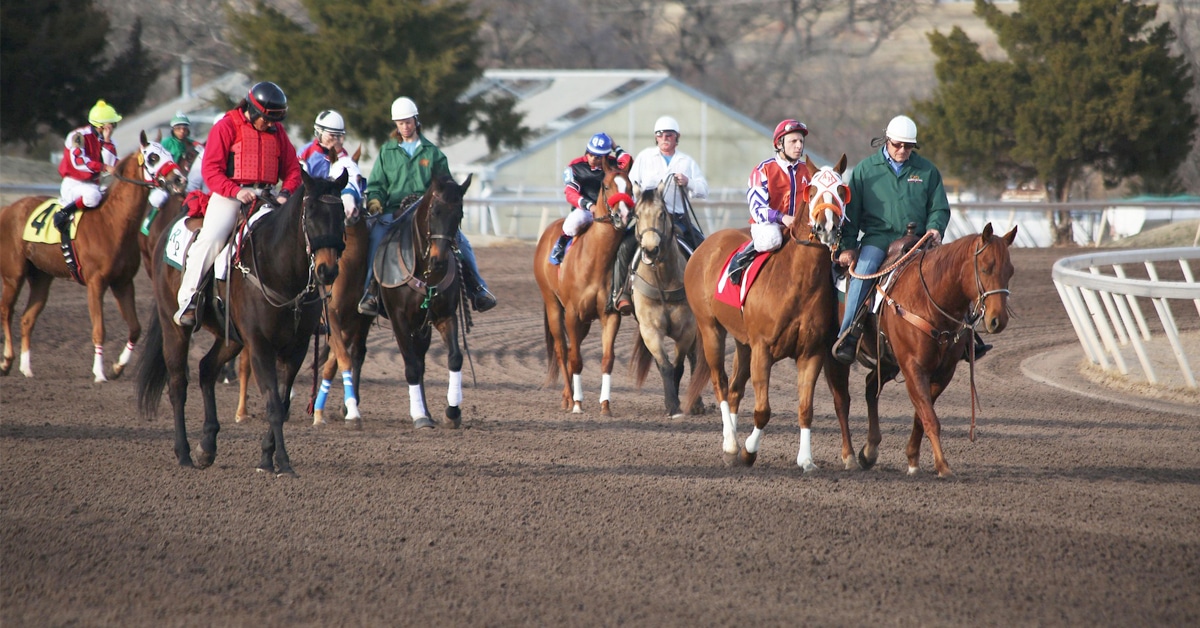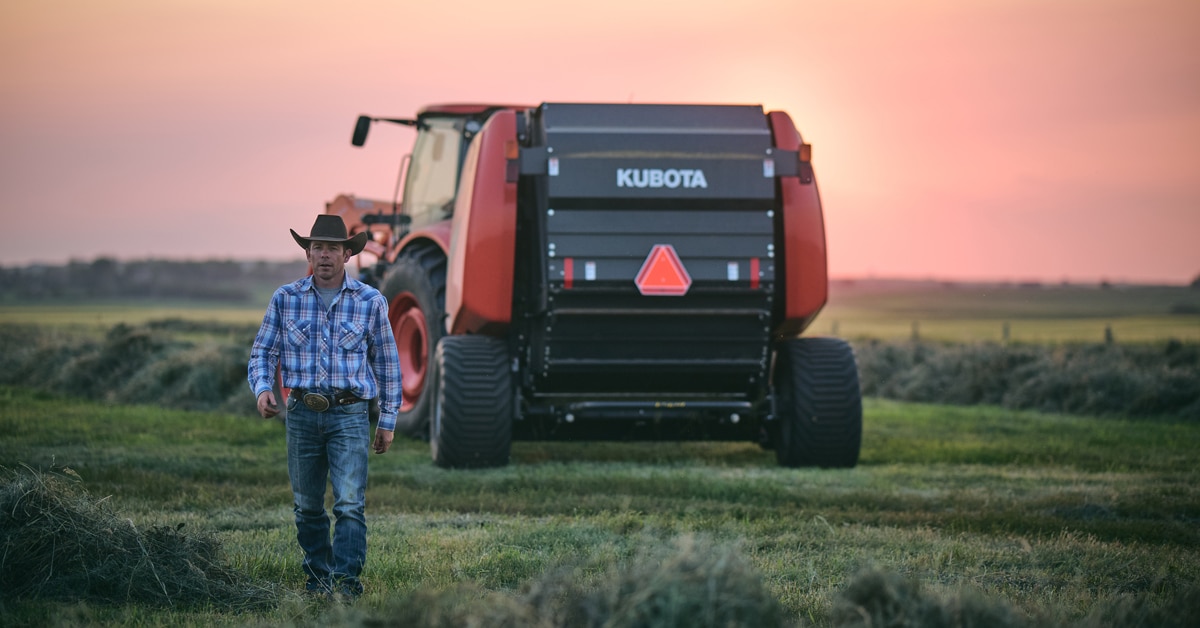Rest and relaxation; we know how important it is for us as people. We know that when we work too hard it is important to slow down and catch up on some good old R&R. Often, this may look like staying in for an evening and watching a movie (and goodness knows we’ve been doing that enough for the past three-and-a-half months!), or maybe it looks like going on a slow trail ride with a friend, or maybe it looks like taking a vacation where we can leave our worries behind while we listen to the ocean.
Now that more of us are riding regularly again and perhaps even getting ready to compete, the temptation to train-train-train is very strong. Unfortunately, our horses don’t have the opportunity to tell us when they need to take a break from their regular routine to get the rest they need to recharge. The good news is that they won’t need to when we incorporate it into their everyday routine and rides.
Here are 3 ways you can ensure your horse is getting the R&R they need to help them become quieter, more confident and connected:
1. Slow down to go faster.
Have you ever heard the saying, “When you rush a horse, you usually end up at the wrong place faster”? It’s pretty accurate, unfortunately; sometimes we don’t even know what rushing a horse looks like until we end up where we don’t want to be and wonder how on earth we got there when it seemed like things were going so well in the right direction.
Part of slowing down is becoming less time- and task-driven and more driven by what our horse is communicating they need in the present. When we spend all of our time rushing, we miss things that we may have been able to catch if we had our head fully in the game.
So often we head to the barn on stolen time. We know we only have an hour to get in and get out and get something accomplished in the meantime. When time and task are all we think matters, the things we miss can make or break our ride, confidence and connection. We might miss our horse telling us their back is sore by simply labelling their tail swish and pinny ears as “having attitude”, we may miss their need for mental focus and swing a leg over a very disconnected horse and risk stepping into a potentially dangerous situation, or we may miss an opportunity to reward our horse for trying really hard for us, resulting in them becoming discouraged and frustrated. Sometimes we miss our horses telling us we need to slow down and teach a lesson in smaller steps and we miss our opportunity to grow their confidence rather than lessen it.
2. Equal work to rest time.
When we work with our horses it can feel like we are only teaching or accomplishing anything when our horse’s feet are moving. This is completely understandable, but may be the very thing that is stopping us from progressing as quickly in our training as we would like.
Horses learn from the release of pressure because they are comfort-driven. When we allow our horse to stop and rest, it does a lot more than just give them time to air-up their lungs and rest their muscles; it gives them time to think. When we become aware of the importance of release and the impact of rest, we can use our rest time to train our horse more intentionally. Our horse is always learning, so using when and where we rest to reinforce what we want to teach them will also show them that they can rest and relax with us. This will build their confidence and relieve their anxiety.
Resting is hard; I recommend setting a timer. When a horse does something really well, sit for five minutes. It will feel like an eternity at first, but it will not be idle time.
3. Be the example.
Yelling at someone to “Relax!” through gritted teeth and tense muscles never works. What does help us relax, however, is seeing other people relax and understanding that it is okay to do so and we are safe. Our horses are no different.
We must learn how to release tension from our own bodies before we can expect it of our horses. When we learn how to slow our own minds down, connect back to our bodies and relax, we become the leader our horse needs us to be.
Being our horse’s leader requires us to be aware and relaxed, soft and strong, clear and kind. If we struggle to be these things away from our equine partners, we will most certainly struggle with them when we are sitting on our large, living, breathing, prey animal.
Practicing mental and emotional control, grounding techniques and meditation at home will give us the ability to tap into these tools while riding and will allow us to remain calm and lead our horse with more confidence, resulting in them looking to us for help rather than running away from us.
*****
Nikki Porter is an equestrian mindset coach, author of “The Conscious Communicator: The Pursuit of Joy and Human Connection Inspired by the Art of Horsemanship”, host of the “Take the Reins Podcast” and online workshops guiding equestrians on a journey to better communicate with their equine and human partners.
The Latest

